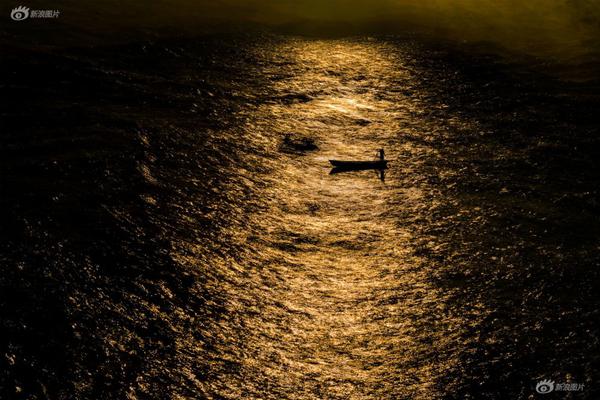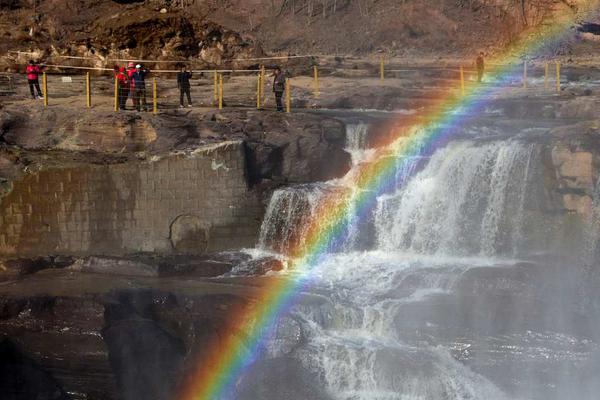It's difficult for people to conceptualize quantities in large numbers,ladies eroticism such as the tens of thousands of people who have died on their journey to Europe, seeking refuge from conflict and poverty.
On Friday, the German newspaper Der Tagesspiegelturned the mounting death tolls into something that would help readers picture the pain: a list of more than 33,000 names of people who have died attempting to reach Europe. Last year was the deadliest yet for migrants crossing the Mediterranean Sea: More than 5,000 perished or went missing during their journey to Europe, according to the U.N. International Organization for Migration.
SEE ALSO: Follow the desperate flight of Rohingya refugees with this moving mapThe newspaper's powerful feature was meant to make a statement about Europe's "restrictive policy" when it comes to registered asylum seekers, refugees, and migrants. It aimed to highlight the dead "as human beings, with an origin, a past, a life," according to a translation of an introduction prefacing the list.
The influx of migrants and refugees to Europe in recent years has caused political strife, with the European Union squabbling over how to handle the worsening phenomenon. In 2015, German Chancellor Angela Merkel enacted an "open border policy," and Europe took in over a million refugees in that year alone. But with the growing tide of nationalism and isolationism sweeping Europe and the United States, European countries including Germany, have since sought to prevent increased migration by strengthening borders, halting refugee programs, and even ejecting and deporting some of the migrants who had previously arrived.
Tightening borders contributes to migrant deaths, as those seeking opportunity and asylum in Europe take more dangerous routes across the Mediterranean, often paying exorbitant fees to smugglers who provide inhumane and even deadly crossing conditions.
"We want to honor them on the one hand, and at the same time make it clear that every line tells a story," wrote Der Tagesspiegel editors Stephan-Andreas Casdorff und Lorenz Maroldt of the deceased in the introduction.
This Tweet is currently unavailable. It might be loading or has been removed.
This Tweet is currently unavailable. It might be loading or has been removed.
This Tweet is currently unavailable. It might be loading or has been removed.
The list, which stretches back to 1993 and includes people from Syria, Senegal, Sri Lanka and elsewhere, was created by the Turkish artist Banu Cennetoğlu. Though striking in its online form, it is even more so in the printed edition because it recalls the traditional newspaper practice of printing the names of the deceased in war time. The parallel could suggest that those who lost their lives seeking asylum in Europe should be treated like casualties in a war.
This Tweet is currently unavailable. It might be loading or has been removed.
The paper intentionally published the list on November 9, a day rife with national significance for Germany. Kristallnacht, translated as "the night of broken glass," on which Germans violently targeted Jews on a large scale for the first time under Hitler, occurred on November 9, 1938. And 50 years later on November 9, 1989, the Berlin wall fell -- reunifying Germany and signifying a turning point towards national solidarity. The artist and editors harness the day's conflicting significance to suggest that the modern story of refugees should be included in Germany's history.
"We Germans have to get engaged in this, especially because of our history," the newspaper writes. "Only in that way will we be able to make the right decisions for and in the future. For the list keeps growing daily."
This Tweet is currently unavailable. It might be loading or has been removed.
This Tweet is currently unavailable. It might be loading or has been removed.
On social media, people have chimed in from all over the world, including Germany, Spain, Italy, the U.S., and more. Most have reacted to the project with a mixture of appreciation, awe, and sadness -- though some have expressed skepticism and political anger. People have begun to refer to it under the hashtag #DieListe.
This Tweet is currently unavailable. It might be loading or has been removed.
This Tweet is currently unavailable. It might be loading or has been removed.
This Tweet is currently unavailable. It might be loading or has been removed.
This Tweet is currently unavailable. It might be loading or has been removed.
This Tweet is currently unavailable. It might be loading or has been removed.
This Tweet is currently unavailable. It might be loading or has been removed.
This Tweet is currently unavailable. It might be loading or has been removed.
This Tweet is currently unavailable. It might be loading or has been removed.
You can learn more about how to help the refugee crisis in Europe here.
Topics Activism Social Good
(Editor: {typename type="name"/})
 Trump who? Tech giants join massive effort to uphold Paris Agreement
Trump who? Tech giants join massive effort to uphold Paris Agreement
 New documentary unpacks 'The Problem With Apu'
New documentary unpacks 'The Problem With Apu'
 'The Incredibles 2' first trailer is here, watch it now
'The Incredibles 2' first trailer is here, watch it now
 Elon Musk shocks with new Tesla Roadster
Elon Musk shocks with new Tesla Roadster
In Paris Agreement speech, Trump never acknowledged the reality of global warming
 As a candidate, Donald Trump said climate change was a hoax, and made fun of Democrats who ranked it
...[Details]
As a candidate, Donald Trump said climate change was a hoax, and made fun of Democrats who ranked it
...[Details]
Use your computer's extra power to mine cryptocurrency—and help low
 People are used to rounding up their spare change or running lots of apps in the background of their
...[Details]
People are used to rounding up their spare change or running lots of apps in the background of their
...[Details]
Australia just landed its first high performance centre for esports
 Oceania's esports industry just took a huge step forward.Australia has opened its very first Esports
...[Details]
Oceania's esports industry just took a huge step forward.Australia has opened its very first Esports
...[Details]
It still feels wrong to see Johnny Depp in 'Fantastic Beasts'
 There was a time when Harry Potter fans would have been delighted to see Johnny Depp in their belove
...[Details]
There was a time when Harry Potter fans would have been delighted to see Johnny Depp in their belove
...[Details]
Best AirPods deal: Apple AirPods 4 for $99.99 at Amazon
 SAVE $30: As of Feb. 3, Apple AirPods 4 are on sale for $99.99 at Amazon, down from their usual pric
...[Details]
SAVE $30: As of Feb. 3, Apple AirPods 4 are on sale for $99.99 at Amazon, down from their usual pric
...[Details]
Hot Cheetos Thanksgiving turkey: Would you eat it?
 Interested in getting barred from all future family Thanksgivings? Consider bringing a turkey covere
...[Details]
Interested in getting barred from all future family Thanksgivings? Consider bringing a turkey covere
...[Details]
Tesla Semi truck launch: What to expect and why it matters
 Elon Musk is a man with a plan and, yes, a giant semi-truck fits right inside it.The all-electric ca
...[Details]
Elon Musk is a man with a plan and, yes, a giant semi-truck fits right inside it.The all-electric ca
...[Details]
This local council just won social media with its gritter naming competition
 For a while, Britain experienced the Boaty McBoatface phenomenon -- public institutions asking citiz
...[Details]
For a while, Britain experienced the Boaty McBoatface phenomenon -- public institutions asking citiz
...[Details]
Lego free Valentine's Day Heart: How to get free Lego
 FREE LEGO:On Feb. 9, build a Lego Valentine's Day Heart at participating stores and take it home wit
...[Details]
FREE LEGO:On Feb. 9, build a Lego Valentine's Day Heart at participating stores and take it home wit
...[Details]
Ron Paul wants you to trust Bitcoin with your retirement savings
 Because nothing says legitimacy like a 30-second informercial, everyone's favorite racist grandpa ha
...[Details]
Because nothing says legitimacy like a 30-second informercial, everyone's favorite racist grandpa ha
...[Details]
Swole Jeff Bezos joins Instagram to tease his new ROCKET FACTORY

Facebook is finally getting rid of pesky app invites

接受PR>=1、BR>=1,流量相当,内容相关类链接。